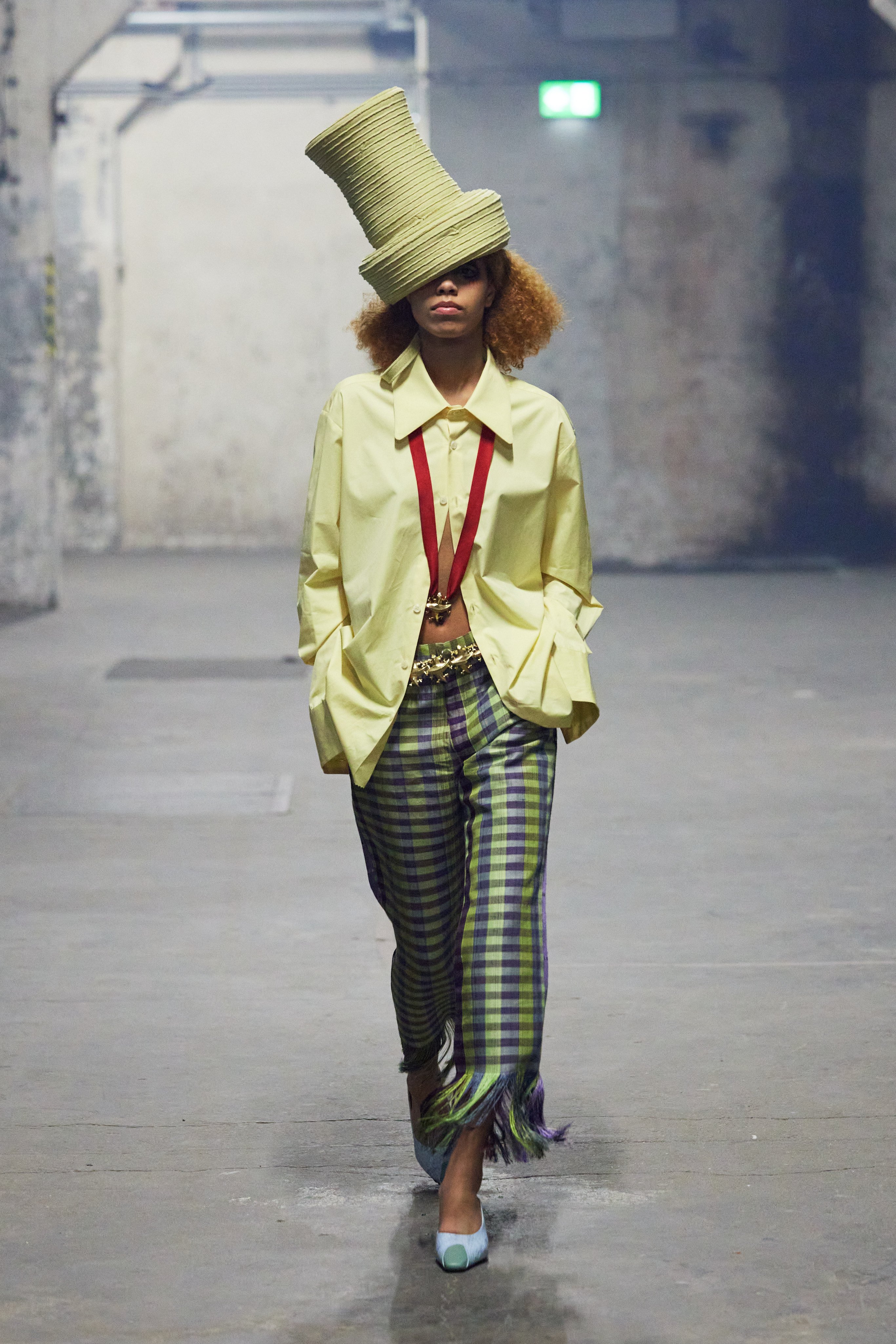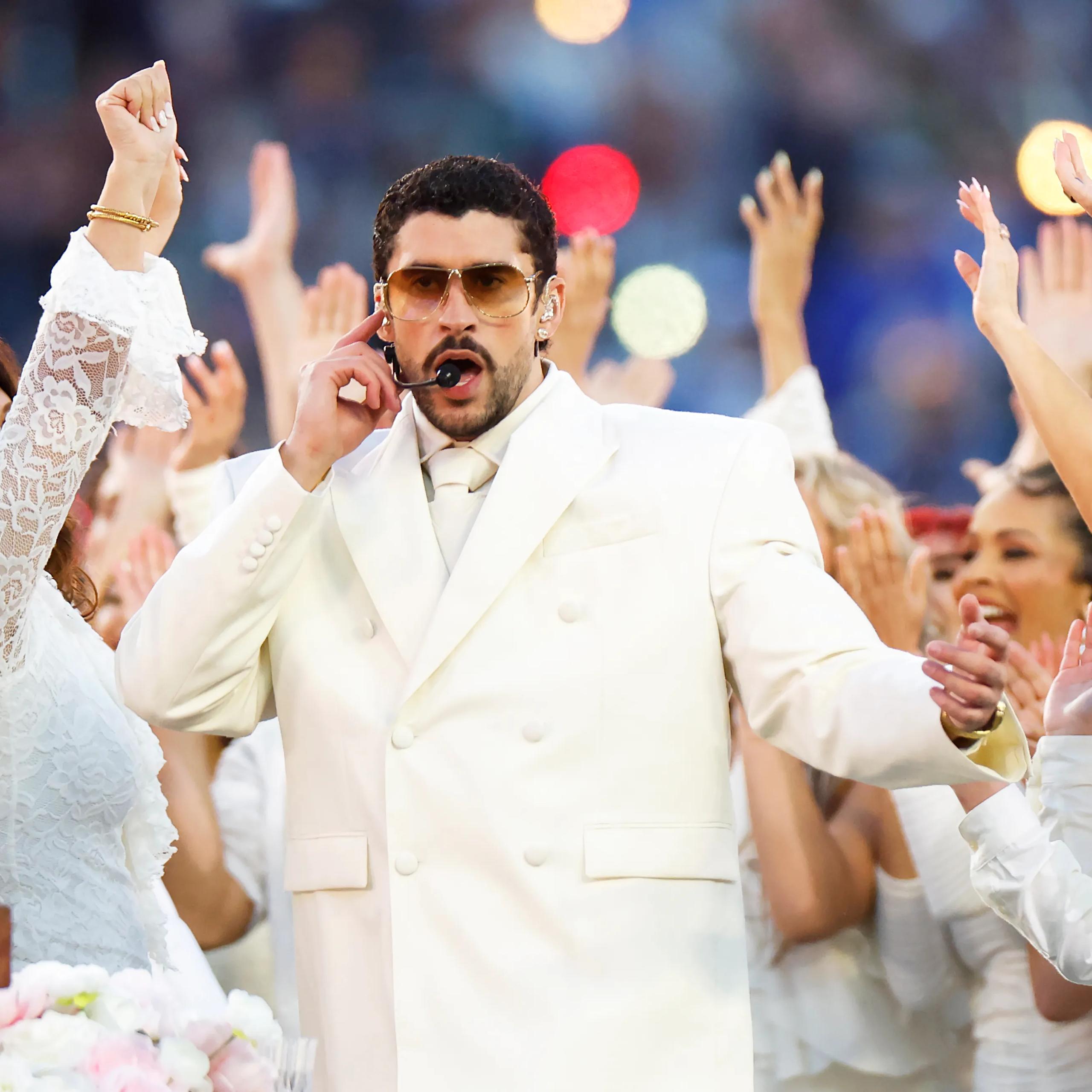For Azia, music isn’t just about sound. It’s about language, lineage, and spirit. Through wordsofazia, she builds a world that reaches beyond herself, blending English, French, and Bhété to create something rooted, intentional, and transcendent.
Starting with dropping Lagô last year, she is currently debuting “Modern Wihegou” to the story of Zizimazi, each track becoming a step in her journey: bridging generations, carrying her mother’s teachings, and offering listeners a pause in the race of life.
Her hope is simple but profound: that her music leaves you grounded, at peace, and more connected to yourself, to heritage, and to something greater.
.png)
What’s the story behind your stage name WordsofAzia, what does it mean and what does it represent?
When I first started to think about WordsofAzia, I was reading a lot of poetry. My intent was to create music around words. I also wanted to dissociate this project from myself; I picture it as more than just me, Azia. I had in mind that I wanted other people involved. So Azia might be a person, but WordsofAzia is more– it’s a concept, an idea, a direction.
How do you blend your native language and English? Is there something both languages bring to your music?
I feel like English helps me remain short and effective in what I want to say. It feels less heavy than French, and I also love the sound of it. But Bhété makes me feel rooted— it transcends me. The fact that I’m learning it nourishes me while I create and perform. It also allows me to build a deeper bond with my family.
What particular message would you like to send with your art, especially from your new EP.
.png)
I want people to feel at peace; spiritually centered, calm, and connected to themselves and the world around them. Life can sometimes feel like a race. Through the EP, I want people to pause, reflect, and reconnect.
Walk us through your latest EP "Modern Wihegou". Why that name, and what was the journey from Zizimazi to Sehkeyoulou?
Wihegou is a type of singing in my tribe, Bhété. The idea was to create a bridge between generations and culture, which is why I called it “Modern Wihegou.” For me, Zizimazi represents initiation, the first step, with my mom explaining the story of Zizimazi, the man we all descend from.
The arrival is Sehkeyoulou. When I wrote this song, I felt like I wasn’t looking for anything more—I felt completely content and grateful. That, for me, is the point of our journey, so it had to be the last track.
Who would you say are your musical inspirations?
They are plural—my inspirations come from paintings, poetry, books, speeches I read, sounds I heard on family archive videos, as well as artists I listen to. But the main inspiration for my music is my spiritual journey. It is then shaped by my tools (guitar, percussion) and by the rhythms that resonate with me.
How do you stay focused, staying true to your roots without giving into the temptations of mainstream sounds? Is it by blending Bhété traditions into your music?
First of all, mainstream songs are not my favorite. It’s not the type of music I listen to thinking, “Wow, I want to create that.” I’ve always listened to niche artists who have a very specific audience even though I also listen to mainstream music.
I make music that sounds like what I would love to listen to. I have to enjoy it first before anyone else. By staying true to myself and my taste, that’s how my music takes shape.
.png)
There’s a maternal focus in some of your songs. You often use your mother and grandmother’s vocals, what’s your relationship with them like and why is this a recurring theme in your music?
My mom is the essence. She teaches me how to be a woman on so many levels. When I started working with her, I knew I wanted her to teach me her language so I could one day pass it on to my children. Heritage and transmission are very important to me, which is why my mom holds such a crucial place in WordsofAzia.
Unfortunately, my grandmother is no longer with us, but I like the fact that she lives through these creations.
Your music is very distinct. Some of the songs in the EP almost seem like prayers. Do you practice religion, and would you describe your music as a spiritual outlet?
I don’t practice my faith through music, but it’s important that music doesn’t tear me away from it. It’s a kind of discipline— I want music to have a positive impact on my life and on others. I want my music to help others feel closer to God, and the same goes for me.
Are there certain artistes you would like to collaborate with? Who are they, and why them in particular?
I would love to work with Asa, The Cavemen, Tiken Jah Fakoly, and many more. I have a playlist on Spotify called Deeper Than My Roots with artists I love and who inspire me. Music is about sharing, so I’d love to connect visions with them.
What next can we expect from you? Any events we should be looking forward to?
More music, I’d say! God willing.
.svg)

.png)





.png)

